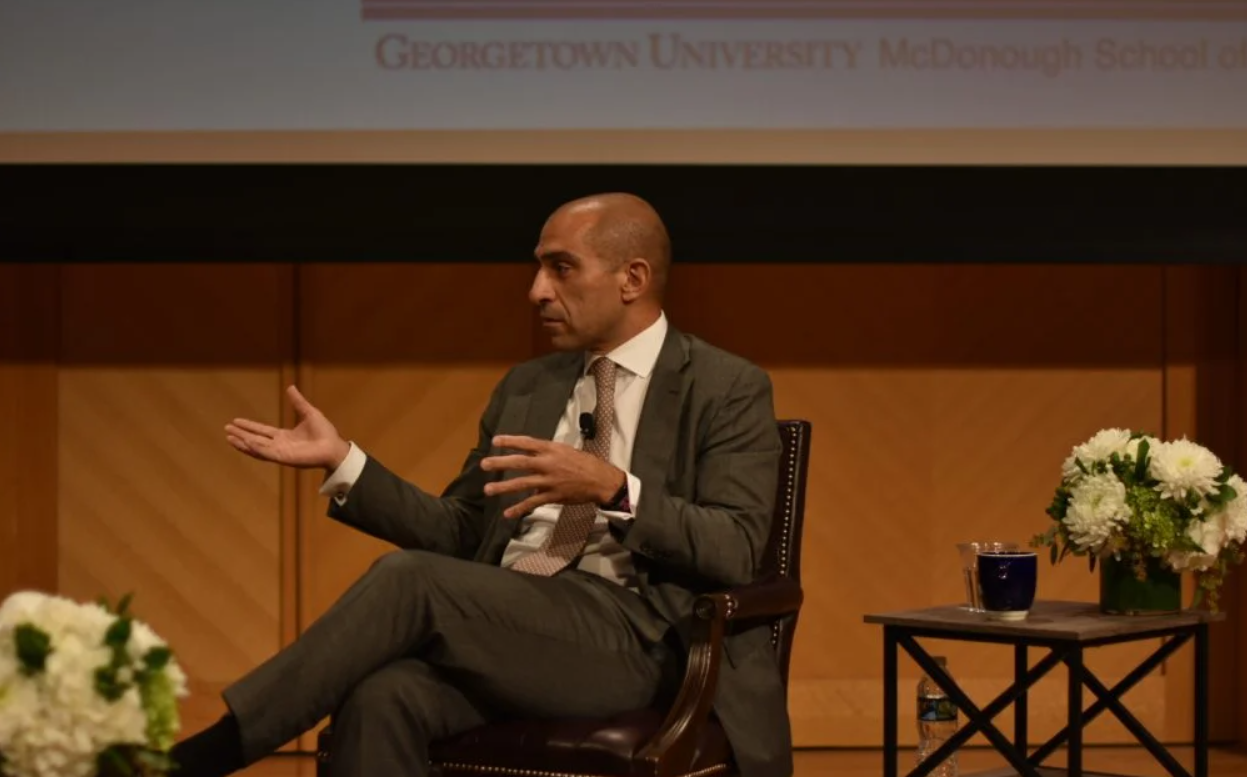LUNA fell, prompting US politicians to quickly declare the need for crypto regulation and their commitment to taking action. The same statements were made when Celsius, 3AC, FTX, Genesis, and others collapsed. However, despite the long period of time that has passed, we have not seen a tangible law passed with Biden’s signature. The Chairman of the CFTC also expressed his frustration with this issue.
Crypto Currency Laws
There are still 2 crypto law bills that need to be voted on in the House of Representatives and sent to the Senate. With 1 year left until the elections, the US has not been able to present new bills for Biden to sign. However, the US Internal Revenue Service (IRS) is pressuring taxpayers to tax cryptocurrencies and even staking income. The Biden administration continues to take a strong stance on crypto taxes. Not even 10% of all these tax efforts have been allocated to crypto regulations.
There is currently an atmosphere of uncertainty. SEC Chairman Gensler denies it, but the nearly 100-year-old securities and commodities laws cannot regulate cryptocurrencies. New technology, a new financial narrative, and cryptocurrencies are subject to the same laws as America’s citrus orchards, which is very different.
Recently, CFTC Chairman Behnam, the US commodity regulator, stated that Congress needs to take action on cryptocurrencies. While the SEC is seeking legal support for the “flexible” application of the Howey test to cryptocurrencies, the CFTC argues that many altcoins are commodities and should be regulated according to its own rules.
US and Crypto Failure
Despite a year passing, the US has not been able to address its shortcomings in the crypto field. CFTC Chairman Rostin Behnam, in a speech at Georgetown University, said that the Commodity Futures Trading Commission is not in a better position than a year ago to prevent a collapse like FTX. In short, there is nothing to show for it.

Behnam was called to testify before Congress last year about the collapse of FTX. The crypto exchange had engaged in discussions with the CFTC before applying for Chapter 11 bankruptcy protection in November 2022.
“We had an interesting regulatory relationship. FTX had a regulated clearinghouse with the CFTC, and they were trying to change the application. In the end, we didn’t approve the applications, but there was a lot of debate between the institution and FTX.”
At the Georgetown event, Behnam expressed disappointment with the suspension of the Digital Commodity Consumer Protection Act of 2022.
“I know for sure that there have been some issues and opposition from both the Financial Services and Agriculture Committees regarding the bills. The bill they accepted actually achieves the goals I have been advocating and requesting for several years.”

 Türkçe
Türkçe Español
Español









